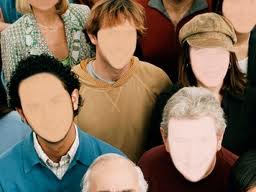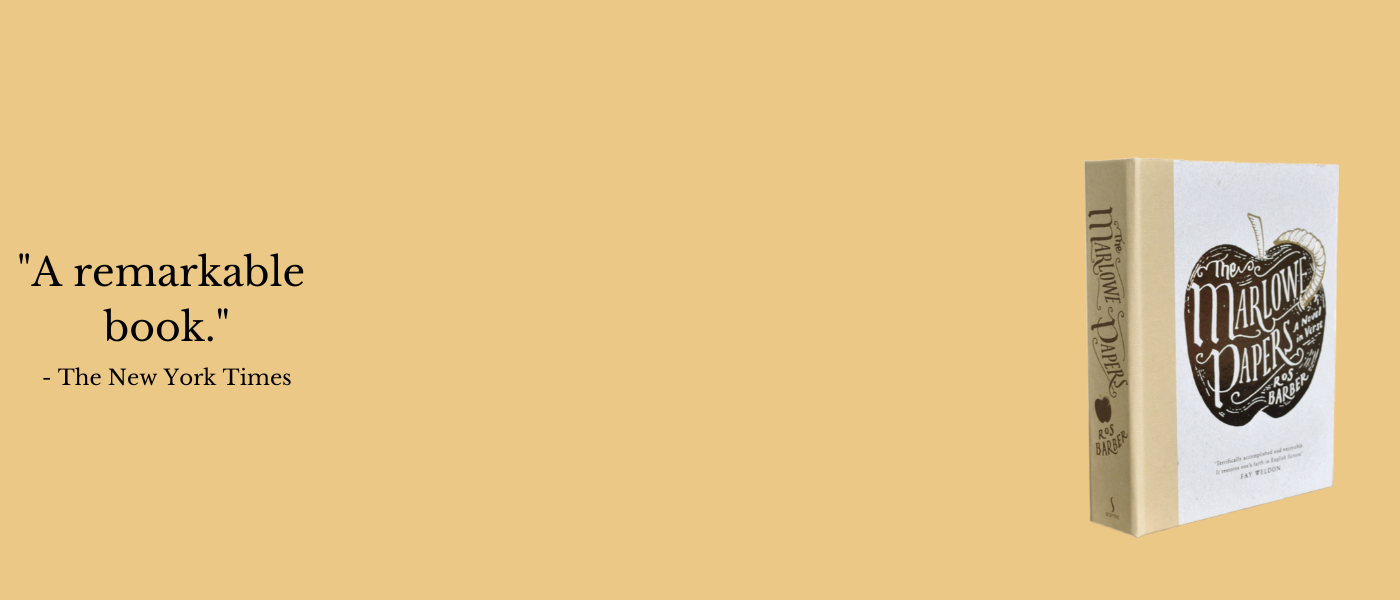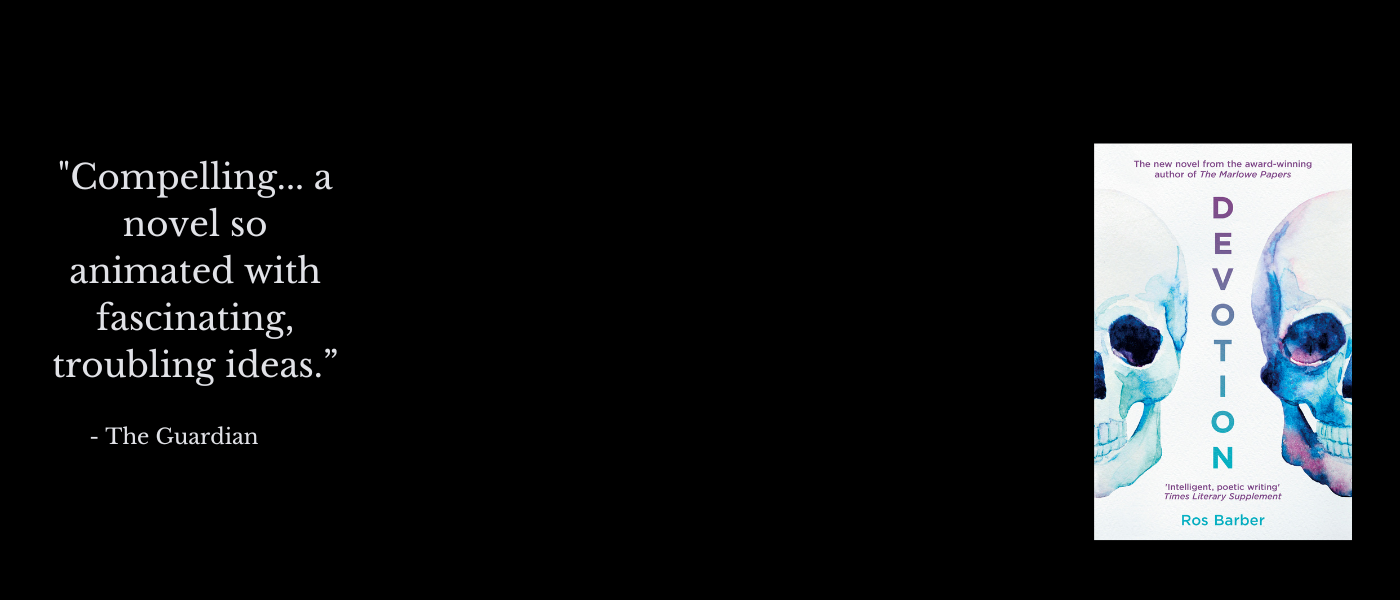 Recently someone came here looking for ‘ros barber prosopagnosia poem’. Although it wasn’t called that, I know exactly what they were looking for – an unpublished poem I wrote at the end of the last millennium about the embarrassing affliction of face-blindness. I wasn’t aware there was a scientific name for my condition in those days, so it was simply called ‘Who Are You?’ Having renamed it, and to help fellow sufferers locate said thing in the future, I am publishing it here for the first time.
Recently someone came here looking for ‘ros barber prosopagnosia poem’. Although it wasn’t called that, I know exactly what they were looking for – an unpublished poem I wrote at the end of the last millennium about the embarrassing affliction of face-blindness. I wasn’t aware there was a scientific name for my condition in those days, so it was simply called ‘Who Are You?’ Having renamed it, and to help fellow sufferers locate said thing in the future, I am publishing it here for the first time.
Nowadays I’m pretty open about my ridiculous inability to recognise/remember people, but I did once invite a visitor into my house (who clearly expected me to know who he was), make him a cup of tea, and chat with him for half an hour, before making an excuse that I had to go out (I didn’t) in order to rid myself of this unplaceable person who seemed to know all about me and my family, but wasn’t helping me out with any clues as to his identity. He decided to walk up the road with me (perpetuating my agony), and as we parted ways, said ‘I’ll go and see Kay then’. Huge relief as I made the connection – friend of Kay’s! The guitarist whose gig we had attended a couple of months previously and put up for the night! (Still couldn’t recall his name.) I very much doubt he missed the blossoming of comprehension across my face. He hasn’t been back.
Once I famously mistook Lisa Roberts, Marketing Manager of the Poetry Society for the high-profile poet Ruth Padel. Humiliating enough without Lisa recounting my ridiculous error with great hilarity to anyone who’d listen. Cue creeping off to get my coat. Recently I have been working hard to implement name-memorisation tricks, but it’s still pretty tough when people’s faces don’t significantly register, and if I don’t see someone from one month to the next, the ‘memorisation’ wears off. I have trouble following films or TV shows where the characters look vaguely similar – Leonardo di Caprio looks so similar to Matt Damon in The Departed that I had tremendous difficulty following the story, and had to bug my husband all the way through, asking at each scene change ”which one’s he?’ Usually, repeated exposure helps a face go in, meaning I can recognise certain celebrities – as someone recently said ‘turning your disability into an excuse for vacuousness’. Recently I’ve been meeting more people than usual, thanks to lovely boosts like being long-listed for the Women’s Prize for Fiction. If all continues to go well, I’ll be failing to recognise increasing numbers of ‘important’ people. (Yes, I realise all people are important. Only some, however, can be influential in one’s career.) So if it’s you I don’t recognise, please don’t take it personally. (Husband). Anyway, here’s the poem.
Prosopagnosia
I should know you, shouldn’t I?
It’s in your face: a taut, expectant smile
that hopes I do. God knows, I don’t want to offend –
a perfect stranger? A long-lost friend?
A lover who only slipped from the room
for a minute or two?
But I’m as uncertain, precarious, still
as a would-be jumper on a windowsill.
Behind me, even the recent past
this ledge once touched is broken glass
a hurricane has sashayed through.
So there’s no building to attach it to.
Ahead, the usual blank of What Comes Next —
except whatever happens, I’ll forget.
See, this is the only place where me exists.
My moving slot. My peepshow box. This
agony of present tense.
And you stand in your permanence,
my name unwrapped on your tongue
like an awkward gift when I haven’t got you one.
Ros Barber


Not sure if my complaint quite the same? Someone comes up to me, says hullo Mary, and waits. I know I know them, the face is familiar but that’s as far as it goes. I struggle to place him or her, wonder if it’s safe to say nonchalantly – remind me. I know I know you but….. and hope they’ll excuse me on the grounds of age or the absent-mindedness of the poet. I know if our association has been fun or business or just casual; I can usually recall if recent or not. But it’s the name that escapes me every time. When I taught, it was hell – 30 or 40 new names to learn each year. It was essential to have a map of the desks on my table for the whole year.
In Good-Bye to All That: An Autobiography (London: Jonathan Cape, 1929) (2nd impression), p. 39, Robert Graves writes: “My hands have a great importance for me and are unusually sensitive. I live a l lot in them; my visual imagery is defective and so I memorize largely by sense of touch.” .
Had he prosopagnosia? I have very slender, circumstantial evidence suggesting this language is false. But exactly where would one look for evidence?
George Steven Swan
NC A&T State U.
Greensboro, NC 27411